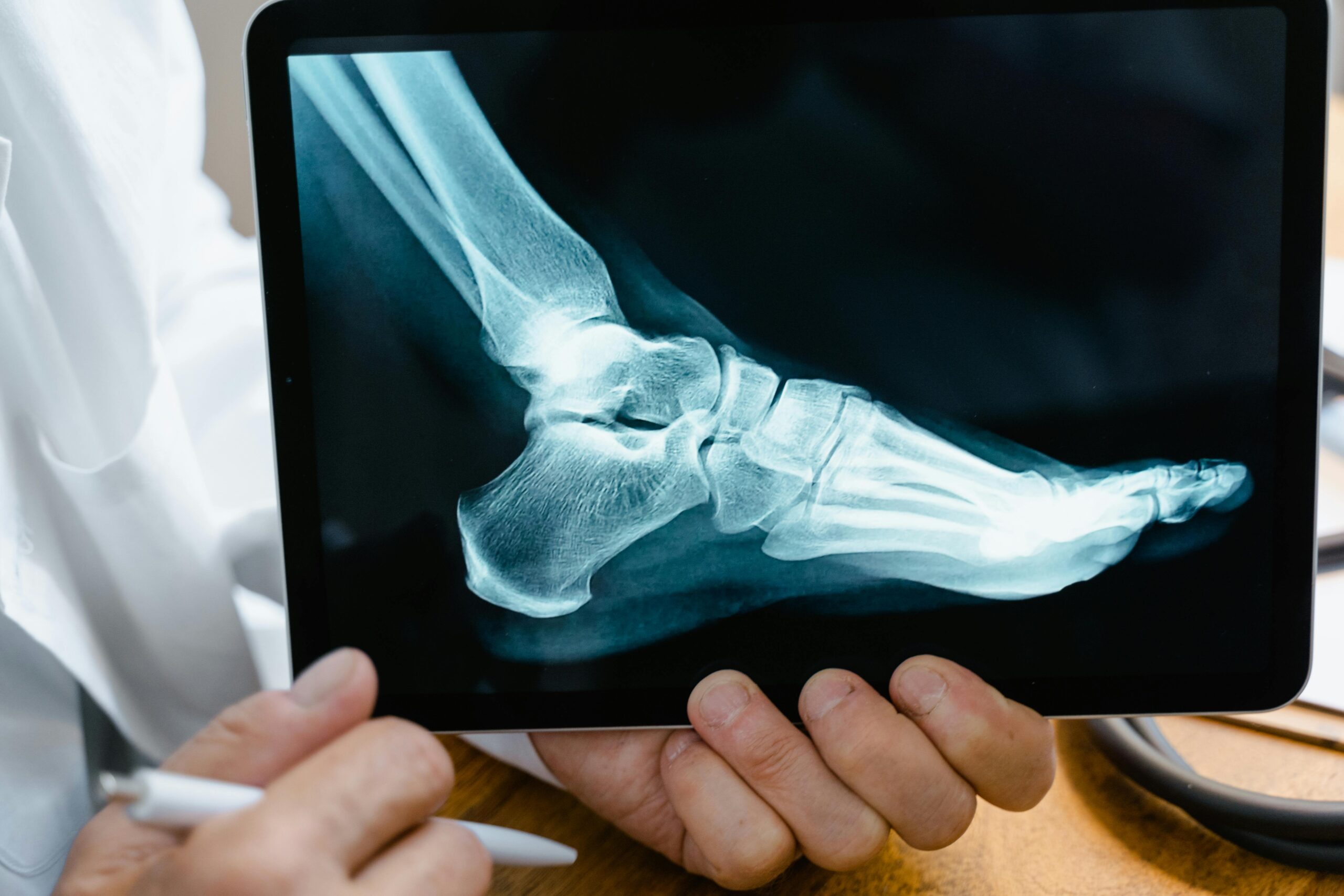Deciding whether to undergo orthopaedic surgery is a significant personal choice. It’s a decision that often comes after exploring various non-operative options and grappling with persistent pain or functional limitations. We understand that this is a pivotal moment for many of our patients. Our patient-centred approach ensures that you are fully informed, supported, and confident in your decision, whether it involves a knee replacement, rotator cuff repair, or other orthopaedic procedures.
Understanding your condition and its impact
Before considering surgery, it’s vital to have a clear understanding of your specific orthopaedic condition and how it affects your daily life.
- Severity and Progression: How severe is your condition, and is it likely to worsen over time? For example, arthritis (including osteoarthritis) in the knee joint or shoulder can progress, leading to increased pain and joint damage if left unaddressed. Your orthopaedic surgeon can explain the natural history of your condition.
- Impact on Quality of Life: Is your pain or limited mobility significantly affecting your daily activities, work, hobbies, or sleep? Are you no longer able to participate in activities you love, such as sports (e.g., due to an ACL injury)? When conservative treatments no longer provide sufficient relief, and your quality of life is severely diminished, surgery becomes a more compelling consideration.
- Failed Conservative Treatments: Have you diligently tried non-operative treatments such as physiotherapy, medications, injections (like steroid joint injections), lifestyle modifications, or bracing, with limited or no lasting success? Often, surgery is considered when these less invasive approaches have been exhausted.
Assessing the potential benefits and risks of surgery
Every surgical procedure carries potential benefits and risks. An open and honest discussion with your orthopaedic surgeon about these factors is crucial.
- Expected Benefits: What specific improvements can you anticipate? For a knee replacement operation, this might include significant pain relief and improved mobility. For an ACL reconstruction, it’s restoring knee stability. For a rotator cuff repair, it’s regaining strength and eliminating pain. Understand what a realistic outcome looks like for you.
- Potential Risks and Complications: While modern orthopaedic surgery is very safe, it’s important to be aware of potential risks such as infection, bleeding, blood clots, nerve damage, or the need for further surgery. Your surgeon will discuss the specific risks associated with your recommended procedure.
- Recovery Process: Understand the commitment required for rehabilitation. Procedures like total knee replacement surgery or shoulder stabilisation or reconstruction require dedicated physical therapy over several months. Are you willing and able to commit to this process?
- Longevity of Results: Enquire about the expected lifespan of any implanted devices (e.g., for knee replacement) or the long-term success rates of the procedure for your particular condition.
Your personal readiness and goals
Ultimately, the decision to proceed with surgery is highly personal and depends on your individual circumstances and readiness.
- Your Health and Wellbeing: Are you medically fit for surgery? Your orthopaedic surgeon and medical team will assess your overall health to ensure you are a suitable candidate. Optimising your health beforehand can improve surgical outcomes.
- Personal Goals and Expectations: What do you hope to achieve with surgery? Are your expectations realistic? Whether you’re an elite sportsperson aiming to return to competition after an ACL injury or simply want to walk without pain, clearly communicate your goals to your orthopaedic surgeon.
- Support System: Do you have a support network (family, friends) who can assist you during the immediate recovery phase? This can be incredibly beneficial.
Financial Considerations: Understand the financial aspects, including costs not covered by insurance. We provide informed financial consent to give you a clear picture of expenses like the knee replacement cost or any private knee surgery fees.
If you are exploring your options for your knee or shoulder condition, Request a Consultation with Dr Richmond to discuss this further.




